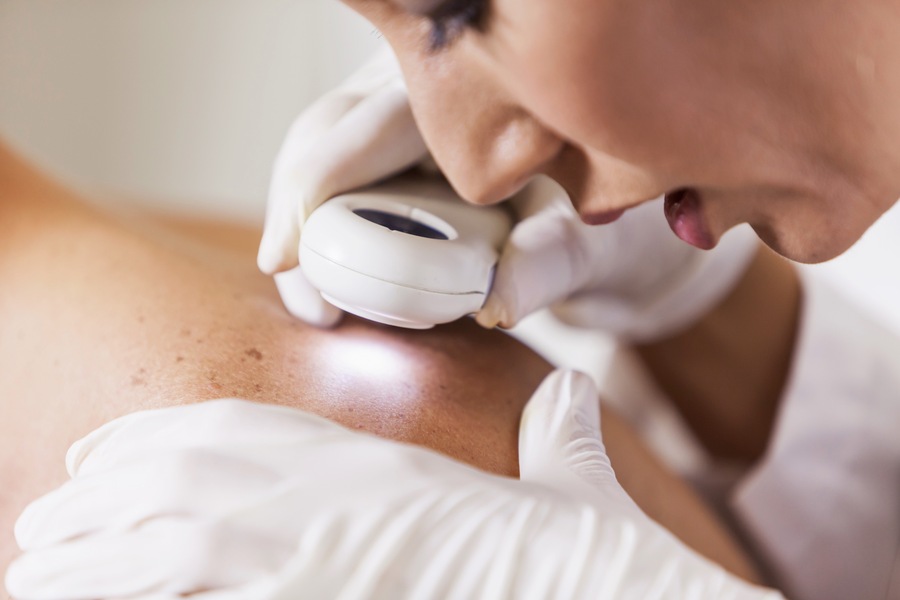Climate change is no longer a distant threat; it is a present-day crisis impacting various aspects of human health, including our skin. As global temperatures rise, extreme weather conditions become more frequent, and pollution levels escalate, skin health faces unprecedented challenges. The delicate barrier that protects us from environmental harm is now under siege, demanding heightened awareness and specialized care.
This escalating environmental threat underscores the need for expert advice and intervention. A skin specialist doctor plays a critical role in diagnosing and managing the growing spectrum of skin concerns tied to global warming and climate change.
The Skin’s Environmental Battleground
Our skin, the body’s largest organ, serves as the first line of defense against environmental aggressors. However, as global warming and climate change intensify, the skin is increasingly vulnerable to damage. Rising temperatures and UV radiation, higher levels of air pollution, and unpredictable weather patterns are collectively accelerating the onset of skin conditions that were once considered manageable or rare.
1. UV Radiation and Skin Cancer Risks
One of the most direct impacts of global warming is the depletion of the ozone layer, which increases exposure to harmful ultraviolet (UV) rays. The World Health Organization (WHO) reports that a 10% reduction in ozone can result in a 20% increase in skin cancer cases worldwide.
Prolonged UV exposure not only raises the risk of melanoma and non-melanoma skin cancers but also accelerates photoaging, resulting in wrinkles, dark spots, and sagging skin. This makes regular consultations with a skin specialist doctor imperative for early detection and prevention.
2. Heat and Sweat-Related Skin Conditions
As global temperatures rise, excessive sweating has become a common issue, exacerbating conditions such as acne, heat rashes, and fungal infections. Eczema, a chronic inflammatory skin condition, is also aggravated by heat and humidity.
A study published in the Journal of Dermatology Research found a 15% increase in eczema flare-ups during prolonged heatwaves. Dermatologists are now focusing on tailored treatments and educating patients about managing skin conditions in hotter climates.
3. Air Pollution and Accelerated Aging
Air pollution, often associated with industrial growth and urbanization, has become a significant byproduct of climate change. Pollutants like particulate matter (PM), nitrogen dioxide, and ozone penetrate the skin barrier, causing oxidative stress and inflammation.
A thorough Research and study highlights a 20% increase in pigmentation and a 25% rise in wrinkle formation in individuals exposed to high pollution levels. Consulting a skin specialist doctor can help mitigate these effects through antioxidant-rich skincare regimens and protective treatments.

Climate Change and Emerging Skin Concerns
1. Unpredictable Weather Patterns
Climate change has introduced erratic weather conditions, from prolonged droughts to sudden downpours. These fluctuations impact the skin’s hydration levels, leading to dryness, cracking, and an increased risk of infections.
2. Rising Allergies
Higher temperatures also contribute to longer pollen seasons and increased allergen exposure. This can lead to skin allergies such as contact dermatitis and hives, requiring the expertise of a skin specialist doctor for effective management.
3. Vector-Borne Diseases and Skin Health
Warmer climates have expanded the habitats of disease-carrying insects like mosquitoes and ticks. Diseases such as dengue and Lyme disease often manifest with skin symptoms, including rashes and lesions, underscoring the importance of dermatological intervention in identifying and managing these conditions.
Industry Insights and Statistics
The dermatology industry has observed a marked increase in climate-related skin issues. According to a report by Allied Market Research, the global dermatology market is expected to reach $33.7 billion by 2030, driven in part by the rising prevalence of skin conditions linked to environmental changes.
Additionally, a survey by the American Academy of Dermatology found that 75% of dermatologists attribute the rise in skin disorders to environmental factors, emphasizing the growing importance of preventive and corrective skincare in the age of climate change.
Why You Need a Skin Specialist Doctor
Amid these growing challenges, seeking expert care from a skin specialist doctor is more important than ever. Dermatologists are equipped to identify early signs of skin conditions, recommend tailored treatment plans, and guide patients on protective measures to counteract environmental damage.
Here’s how a skin specialist doctor can help:
Early Detection and Treatment: Regular skin screenings can identify issues like skin cancer or severe eczema in their early stages, improving treatment outcomes.
Customized Skincare Regimens: Dermatologists can recommend products and treatments tailored to your skin type and environmental exposure.
Advanced Treatments: From chemical peels to laser therapies, dermatologists offer cutting-edge solutions to combat the effects of pollution, UV radiation, and aging.

What Can You Do?
While professional guidance is crucial, individuals can take proactive steps to protect their skin from environmental harm:
Use Sunscreen: Broad-spectrum sunscreen with SPF 30+ is a must, regardless of skin tone.
Stay Hydrated: Drinking water and using moisturizers help maintain the skin’s barrier function.
Adopt an Antioxidant-Rich Diet: Foods high in vitamins C and E combat oxidative stress.
Cleanse Thoroughly: Proper cleansing removes pollutants and minimizes their impact on the skin.
Conclusion: Adapting to a Changing World
As global warming and climate change reshape our environment, their impact on skin health cannot be ignored. The rising prevalence of skin disorders highlights the need for increased awareness, preventive measures, and expert care.
A skin specialist doctor is your best ally in navigating these challenges, providing the knowledge and treatments necessary to safeguard your skin in an increasingly unpredictable world. By combining professional expertise with proactive self-care, we can mitigate the effects of climate change on our skin and adapt to the environmental realities of the 21st century.

Soccer lover, vegan, DJ, Saul Bass fan and fullstack designer. Working at the crossroads of art and sustainability to craft delightful brand experiences. Let’s design a world that’s thoughtful, considered and aesthetically pleasing.
